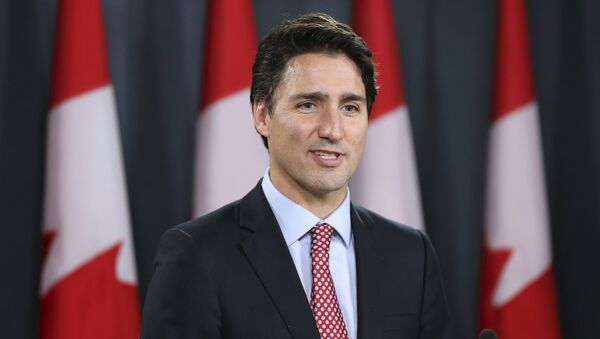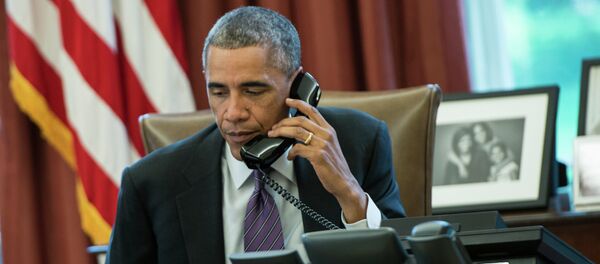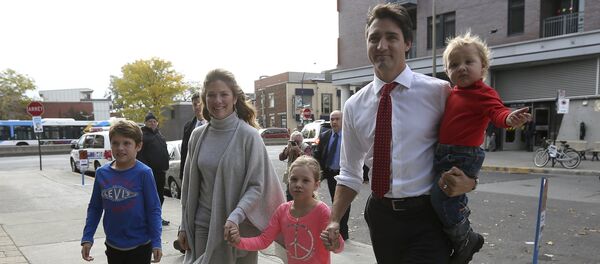Newly elected Prime Minister Justin Trudeau announced on Monday that he will not stand by his campaign promise for austere budget cuts to scale down Canada’s expansive civil society. Trudeau’s administration cites projections for the continued erosion of global oil prices, a trend traced to Chinese economic concerns and Saudi Arabia’s undiminished oil production schedule. Canada, a net energy exporter, fills 18.2% of the US oil demand and has the second largest oil reserves in the world, behind the Saudis.
Trudeau’s plan calls for the country to run a deficit of 30 billion Canadian dollars, or roughly $22 billion in US currency, in the fiscal year beginning April 1. The deficit represents a tripling of Canada’s current budget deficit and comes only four months after Trudeau won the election on a call for an incremental approach to undoing national austerity, or "fiscal consolidation," measures. Commentators speculate that Trudeau’s decision, at a time when the Prime Minister’s domestic popularity is higher than ever, will pay off with the electorate, with funds used primarily to fill infrastructural shortfalls.
Nik Nanos, an Ottawa-based pollster, says "It looks like the Liberals want to front load as much bad news as possible in the hope when the election occurs in four years things will be better." The opposition Conservative Party, however, throws salt in the wound, questioning Trudeau and Liberal Party motives. Rona Ambrose, the Conservative leader, said, "They’re trying to justify breaking a campaign promise by suggesting it’s not their fault," instead, that of the oil market.
Deficit Spending Needed to Ward Off a Recession?
Justin Trudeau has never been accused of being a fiscal hawk. In the 2015 election Trudeau called for an end of fiscal consolidation, or austerity, advanced in the wake of a recession brought about by then-Prime Minister Stephen Harper’s Conservative-led government. Liberals argued that cutting government spending, at a time when Canadian industry lacked access to capital and had diminished capacity to employ Canada’s workers, only served to stifle the post-recession recovery.
Trudeau did, however, make three core promises regarding fiscal discipline. First, annual deficits were to be no more than C$10 billion. Second, Trudeau pledged to balance the budget in four years. Finally, Trudeau vowed to reduce the debt-to-GDP ratio every year. These three pledges, known as the "fiscal anchors," will go unmet according to a Monday statement, by Canada’s Finance Minister Bill Morneau.
Trudeau’s campaign promises were seen as an attempt to bridge the gap with Conservative voters who remembered the free-spending tenure of his father, former Prime Minister Pierre Trudeau, a regime that conservatives state necessitated decades of rehabilitative fiscal consolidation.
Still, many argue that the concerns over Trudeau’s deficit spending plan are overblown. Canada remains the least indebted country in the Group of Seven and holds a stable AAA rating from the three major Western ratings agencies.
In fact, economists from The Bank of Canada have long decried the extended period of fiscal consolidation on the heels of a recession, at a time when borrowing costs are at historic lows. Kevin Milligan, an economics professor for the University of British Columbia notes that, "it’s important to point out this is not a ‘80s, ‘90s-style deficit interest rate spiral."
As politics go, opposition leaders and pundits will scream about broken campaign promises, but somewhere in Canada an underemployed construction worker, struggling to make ends meet, just received a glimmer of hope, and maybe soon there will be a paycheck to go along with it.





